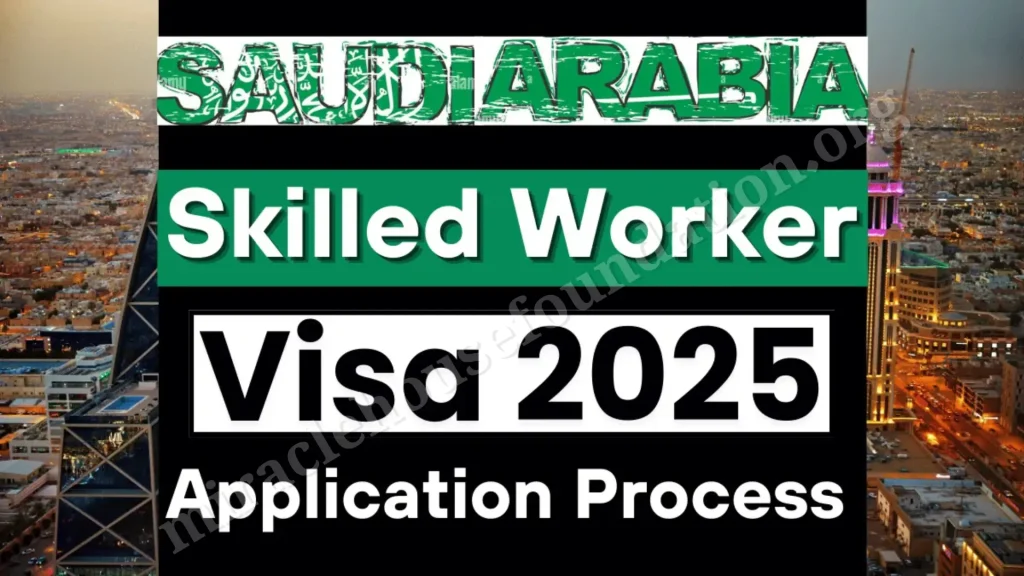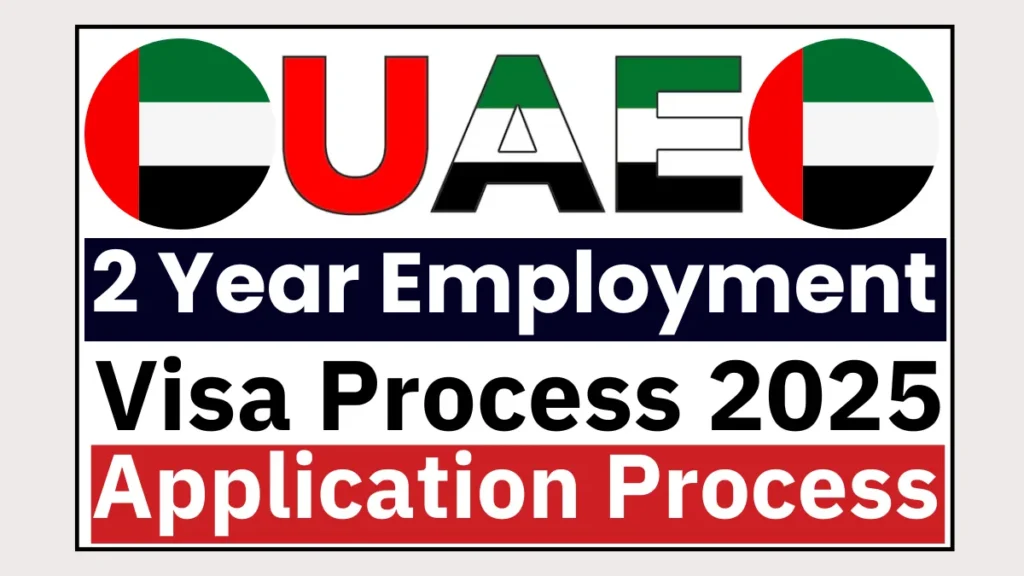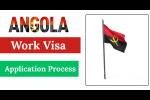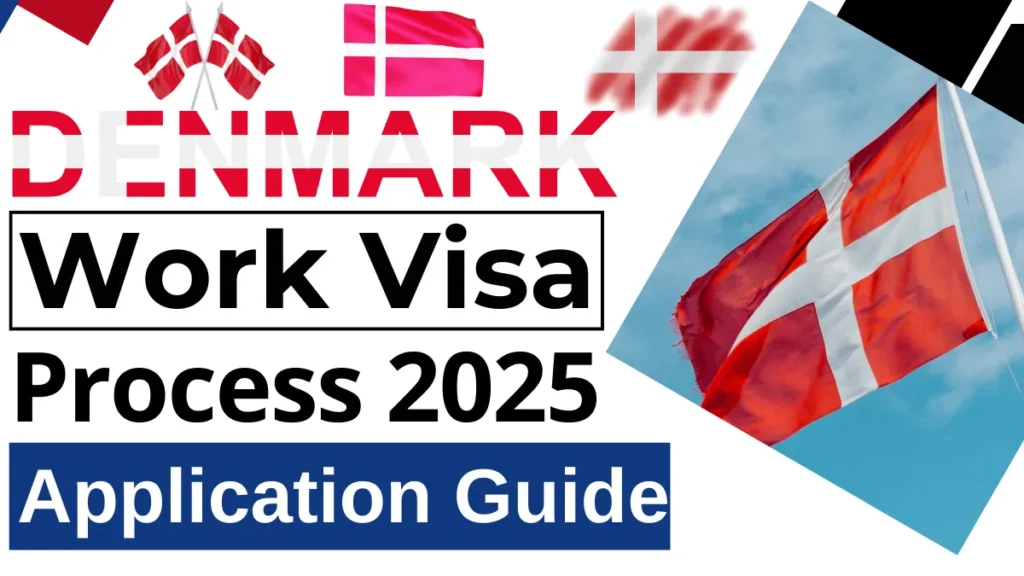Saudi Arabia Skilled Worker Visa Process 2025 – Step by Step Guide. Saudi Arabia updated its work permit system in 2025, introducing a skill-based classification to match foreign professionals with the Kingdom’s evolving labour market. This guide explains the step-by-step process for skilled workers, key changes in 2025, required documents, fees, timelines, and tips to avoid delays.
Whether you are a skilled professional seeking work in Saudi Arabia or an employer hiring overseas talent, this guide provides a clear overview of the Saudi Arabia Skilled Worker Visa process.
Quick Overview
All work visas for Saudi Arabia are employer-sponsored. A Saudi-registered company must apply for the worker on their behalf.
The new 2025 system classifies work permits by skill level:
- High-Skill
- Skilled
- Basic Skill
The classification depends on education, experience, professional skills, salary, and age. It affects the permit type, eligibility, and fees.
Who Can Apply
The skilled worker visa pathway is designed for:
- Professionals like engineers, IT specialists, healthcare staff, and technical experts with a confirmed job offer from a Saudi employer.
- Experienced tradespeople who meet the employer’s recruitment criteria, including verified qualifications, a clean medical report, and police clearance.
Key Changes in 2025
In mid-2025, Saudi Arabia implemented a formal skill-based permit system:
- Employers now assign a skill category to each foreign role.
- Applications must include supporting evidence for the skill level.
- Stricter document verification is in place.
- Integration with the Kingdom’s digital HR platforms ensures automated classification.
These updates aim to streamline hiring, improve workforce matching, and ensure compliance with Saudi labour regulations.
Main Visa Types
Work Authorization / Employment Visa
- Issued after the employer obtains a work permit authorization.
- Allows the worker to enter Saudi Arabia for employment.
Iqama (Residency Permit)
- Issued after the worker completes medical checks and registration on arrival.
- Grants long-term legal residence and sponsorship privileges.
- Required to sponsor family members once salary criteria are met.
Step-by-Step Application Process
1. Employer Recruitment & Verification
- Employer confirms the candidate meets job criteria (education, experience, licenses).
- For non-Saudis, the employer shows that the vacancy cannot be filled locally.
2. Work Permit Request
- Employer requests a work permit through official HR platforms.
- Skill classification is recorded and determines permit category.
- Employer must comply with labour and wage regulations.
3. Government Review & Visa Authorization
- Authorities review documents, verify skill level, and approve the application.
- A visa authorization slip is issued for consular submission.
4. Consular Visa Stamping
- Candidate submits required documents at the Saudi mission in their country.
- Documents usually include the authorization slip, passport, verified degrees, police certificate, and medical report.
5. Arrival, Medical Screening & Biometrics
- Mandatory medical tests and biometric registration on arrival.
- Employers usually arrange and cover costs for these steps.
6. Iqama Issuance & Registration
- Employer completes registration with Ministry systems.
- Worker receives Iqama to carry at all times.
- Required for legal residence, work, and family sponsorship.
Required Documents
- Valid passport (minimum 6 months validity).
- Signed employment contract with salary, role, and duration.
- Degree certificates, licenses, and verified credentials (attestation if required).
- Police clearance certificate from country of residence.
- Medical test reports (pre-departure or on arrival).
- Passport-sized photographs.
- Additional sponsor forms submitted by the employer.
Employers may also need to provide proof of compliance with Saudi labour and wage rules.
Fees & Processing Time
- Visa fees and administrative charges depend on skill category and service provider.
- Typical employer application fees start around SAR 1,000, but vary by permit type.
- Timeline:
- Employer submission to visa authorization: a few days to a few weeks.
- Consular visa stamping and arrival-to-Iqama completion: 2–8 weeks.
- Delays may occur if additional document verification is required.
FAQs
Q1: Can I apply directly as a worker?
No. A Saudi-registered employer must sponsor and submit the permit application.
Q2: Can I switch employers easily under the new system?
Mobility depends on permit type and contractual obligations. Workers should consult HR or authorities.
Q3: Will existing expatriates be affected?
Yes, many existing work permits are being aligned with the new 2025 skill classification. Updates are managed by employers.








